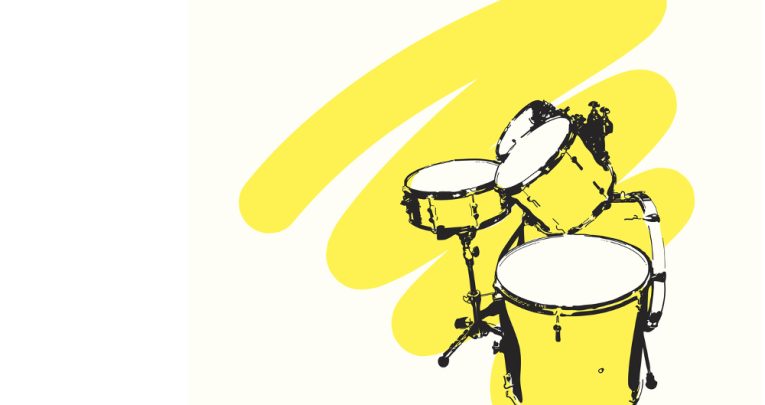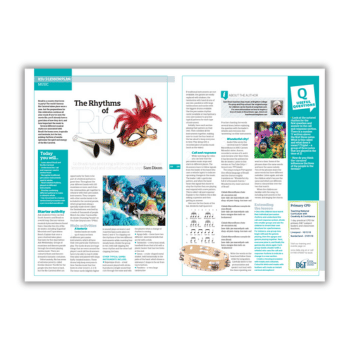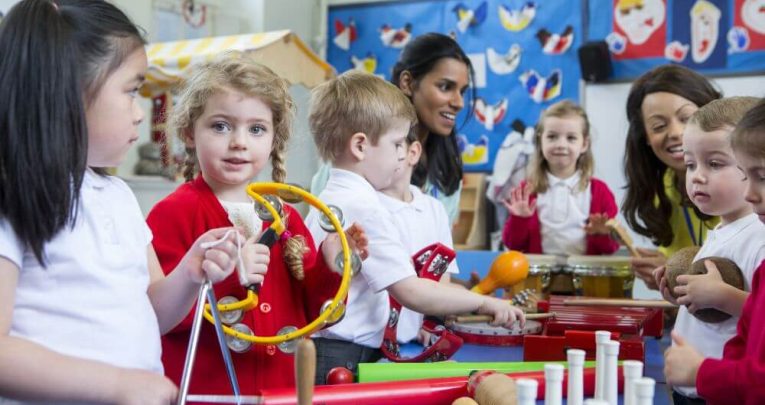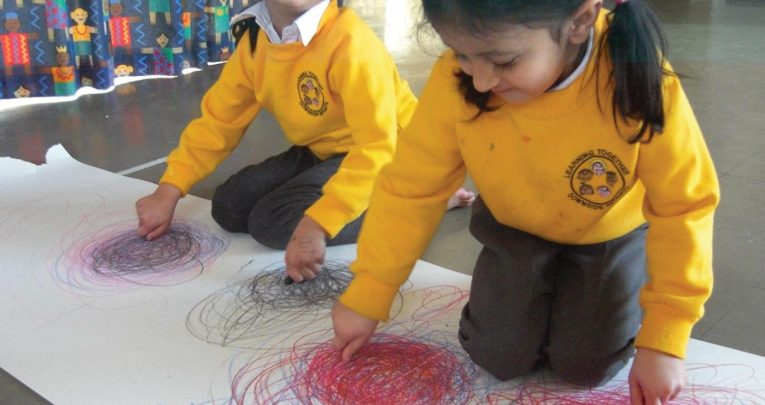How to fit 6 hours of music into the primary curriculum – a week!

No magic money tree, a financially deprived setting – yet this Bradford primary has seen a spectacular upswing in academic achievement

According to the DfE, state schools must offer a curriculum that is ‘balanced and broadly based and which promotes the spiritual, moral, cultural, mental and physical development of pupils’.
It should also prepare children for the ‘opportunities, responsibilities and experiences of later life’.
The best way to provide all this is through music, but as long as Ofsted ignores music in its reports, the focus of schools will continue to be unbalanced and narrow.
When we take music away from children, as many schools are now doing, it is every bit as neglectful as denying decent nutrition. Study after study has shown that quality music education is a vital part of child development.
For a long time, we have known about the social and emotional benefits of music – the atmosphere it can create in a school and the communal joy and sense of identity it can bring. People have been making these arguments for decades.
However, it is only in the last 20 years or so, with the advent of brain scanning technology, that we’ve learnt that quality, child-centred music education develops the brain and can increase IQ and problem-solving abilities.
It also builds connections between different areas of the brain, with significant improvements in outcome for a range of conditions which affect learning – including autism, ADHD and dyslexia.
All of this has the greatest impact before the age of seven.
At my school, rather than being an ‘add-on’, music is a core subject.
We follow the Kodály approach and offer up to six hours of music per week, all taught by a specialist able to nurture pupils to make significant progress over time.
The effects can be seen across the school, and not just in music.
Y1 pupil Adyan was mostly non-verbal and wouldn’t speak or respond to instructions. However, like all children here, sing an ascending perfect fourth and he will stand up; sing a descending fifth and he’ll sit down.
Start the ‘Time to Go’ song and Adyan will start tidying up, singing away with gusto.
But the most profound effect has been on his language development.
Trending
He learns verse after verse of children’s songs – Mum is delighted and comes to see me every week to learn new songs to sing at home, increasing his vocabulary and understanding of syntax and grammar, as well as social interaction.
Two years ago, Abiha in Y4 started attending all the after-school clubs.
I’ve nurtured her skills and musicianship and she’s now at grade three level on the drum kit, plays piano and guitar, is fluent in solfa (a system of musical notation) and can read, write, improvise and compose well.
Last year she became the first ever Muslim girl to successfully audition for the city’s gifted and talented programme, which gives her access to subsidised tuition throughout her school life.
This year she was joined by two more Feversham pupils.
It is no coincidence that this programme has seen a spectacular upswing in academic achievement. In 2012, the school was in special measures, had no music, damning Ofsted reports and SATs results were significantly below average.
This had gone on for decades, despite numerous consultants and interventions.
Today, with largely the same staff, we are now in the top 2% of schools in the UK for pupil progress, despite being located in one of the most financially deprived areas of the country where most children do not speak English at home.
Our music programme has attracted attention from around the world. We’ve been featured in the Guardian and have appeared on The One Show.
We do not have a magic money tree that helps us provide so much music in school – we have the same funding model as other local schools, who often say they cannot afford a music specialist.
Some even say they can’t afford a music programme at all. Not only have we showed this to be untrue, we have also demonstrated the impact a quality music programme can have on achievement across the school.
Jimmy Rotheram (@musicedu4all) is a music teacher at Feversham Primary, Bradford. Find out how your school could benefit from the Kodály approach to music education at kodaly.org.uk.











